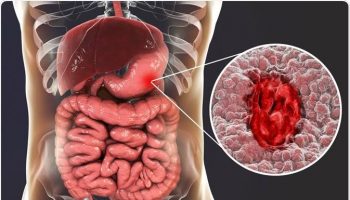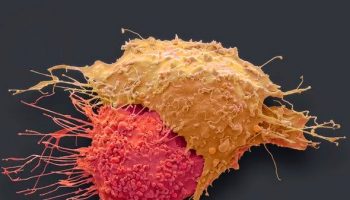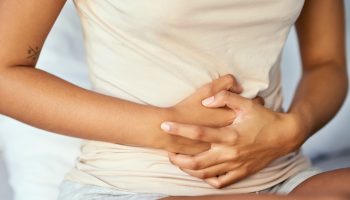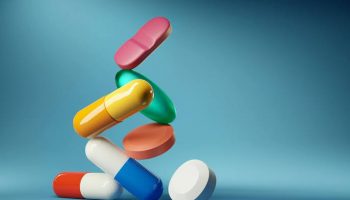CONSTIPATION:ALL YOU NEED TO KNOW
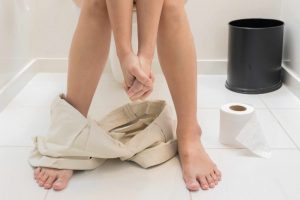 Constipation is broadly defined as an unsatisfactory defecation characterized by infrequent stools, difficult stool passage or both.
Constipation is broadly defined as an unsatisfactory defecation characterized by infrequent stools, difficult stool passage or both.
PHYSIOLOGY OF COLONIC FUNCTION
Water absorption
The colon receives approximately 1.5 L of liquid effluent daily from the small intestine, with 200 mL to 400 mL excreted in the stool. The functions of the colon are to absorb fluid from residual food and transport waste to the rectum, where it is expelled or stored until defecation is convenient.
The amount of fluid contained in a diet determines the state of one’s stool.
Removal of water from the fecal slurry is time dependent and actively regulated, and can be substantially increased in dehydration states. Sodium is actively reabsorbed from luminal content through several active transport channels, with water following passively in response to osmotic gradients. Conversely, colonic secretion is mediated through chloride channels (eg, cystic fibrosis transmembrane conductance regulator [CFTR]), which are generally quiescent, leading to a net reabsorption of electrolytes and fluid. Thus, stool that remains in the colon longer will become drier, which can lead to scybalation (pebble-like stools) and impaction if the stool becomes too large and hard to pass through the anal canal.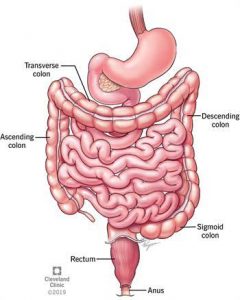
POOR DIET AND CONSTIPATION
If stool remains in the colon for too long, it could become dry and hard.
A diet that contains enough water and fiber would help moisten the faeces and make it easier to pass through the anorectal region.
Fiber-rich foods are generally made from plants. Fiber comes in soluble and insoluble forms. The soluble fiber can dissolve in water and creates a soft, gel-like material as it passes through the digestive system.
Insoluble fiber retains most of its structure as it goes through the digestive system. Both forms of fiber join with stool, increasing its weight and size while also softening it. This makes it easier to pass through the rectum.
Stress could also be a factor that would lead to constipation, other routines that would slow muscle contraction of the colon could also lead to hardening of stool.
Underlying medical problems
Possible medical conditions that could lead to constipation:
• certain diseases, such as stroke, Parkinson’s disease, and diabetes
• problems with the colon or rectum, including intestinal obstruction, irritable bowel syndrome (IBS), or diverticulosis
• overuse or misuse of laxatives (medications to loosen stools)
• hormonal problems, including an underactive thyroid gland
SIGNS OF CONSTIPATION
-An excruciating pain experienced while trying to defecate.
– bowel movements restricted to 3 per week.
-feeling of fullness after passing stool.
– passing hard dry stools.
– feeling like your rectal areas are blocked.
MANAGEMENT OF CONSTIPATION
– Drink more water. At least 3 litres per day.
– Add more fiber to your diet; either soluble or insoluble fibre. Examples include wheat, bran, dark green leafy vegetables, oats, seeds, some fruits with roughages.
– Do exercises.
– Eat probiotic and prebiotic containing foods or you can use their supplements. Examples of foods in this category include plain yoghurt, banana, onions and garlic.
– Over the counter drugs like bulking agents
– Try magnesium citrate
– Eat prunes: prunes contain the sugar alcohol sorbitol which has a laxative effect. About 7 pieces twice a day is recommended (50g).
Constipation could be uncomfortable for anyone, these home remedies suggested would really help get you relieved, but if symptoms persists, see your doctor (as every drug would indicate).


